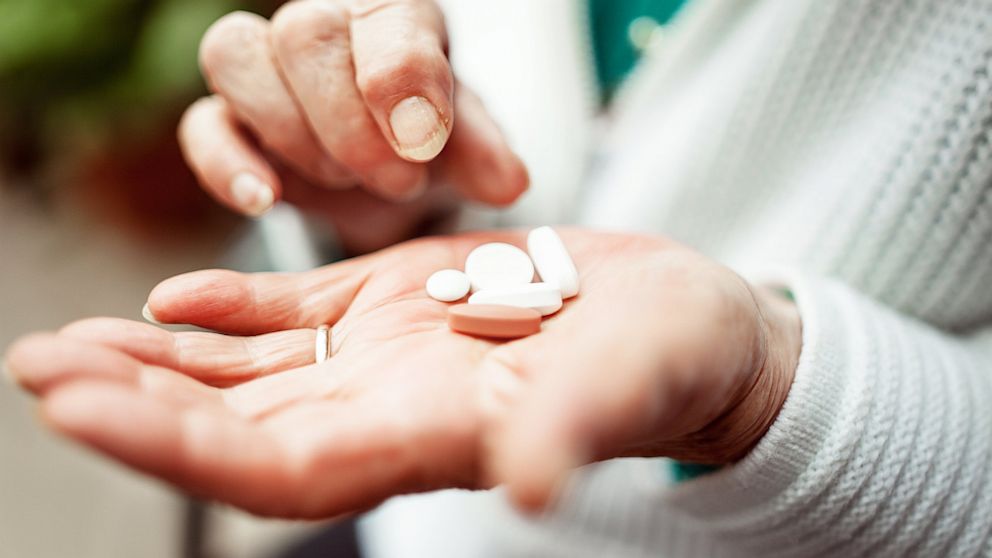FDA Rule Could Make Generic Drugmakers Liable
The FDA proposal comes a week after a controversial Supreme Court ruling.

July 4, 2013— -- A new rule could open the door for lawsuits against generic drugmakers, which are currently protected by a legal obligation to copy the formulas and labels of their name-brand counterparts.
The rule, proposed Wednesday by the U.S. Food and Drug Administration, would allow generic drugmakers to independently change their labels to reflect "newly acquired information," such as safety risks.
The proposal comes a week after the Supreme Court stripped Karen Bartlett of $21 million in damages awarded to her by a jury after she was burned and blinded by the generic painkiller sulindac.
"I was numb," Bartlett said of the moment her lawyer delivered the news. "I don't even have words to describe it because I can't believe that they would do that."
Read about Karen Bartlett's fierce reaction to sulindac and her legal battle for damages.
Bartlett remembers little from the three months she spent at Massachusetts General Hospital in 2004 "wrapped up like a mummy" as the skin eroded two-thirds of her body. She was diagnosed with Stevens-Johnson syndrome, a rare and sometimes fatal reaction triggered by certain medications, including nonsteroidal anti-inflammatory drugs such as Clinoril and sulindac.
The ordeal left her disfigured and legally blind. She also has lung damage and difficulty swallowing, she said.
"I have no independence," said Bartlett, 53, who lives off disability checks for a fraction of the salary she once earned as a secretary at an insurance company in Plaistow, N.H. "This ruined my life, basically."'
At the time of Bartlett's reaction, sulindac's label did not specifically warn about Stevens-Johnson syndrome, the Supreme Court acknowledged, although it did warn that the drug could cause "severe skin reactions" and "fatalities." But under federal law, generic drugs must be chemically identical to the FDA-approved brand-name drug and don the same warning label.
"Here, it is impossible for Mutual [the maker of sulindac] to comply with both its federal-law duty not to alter sulindac's label or composition and its state-law duty to either strengthen the warnings on sulindac's label or change sulindac's design," Supreme Court Justice Samuel Anthony Alito Jr. wrote in the majority opinion of the court.
Under the new rule, generic drugmakers could strengthen the language of their warning labels independently.
Consumer watchdog group Public Citizen applauded the FDA, having petitioned for a similar rule in 2011.
"Many potential hazards are not discovered until years after drugs have been on the market," Public Citizen's Health Research Group founder Dr. Sidney Wolfe said in a statement. "Yet, currently, generic drug manufacturers can do little to warn doctors and patients about newly discovered information, putting patients at risk."
"The proposed rule is a classic example of harm reduction," Wolfe added. "When finalized after public comments, it will provide added protection to the tens of millions of people who regularly use generic drugs."




